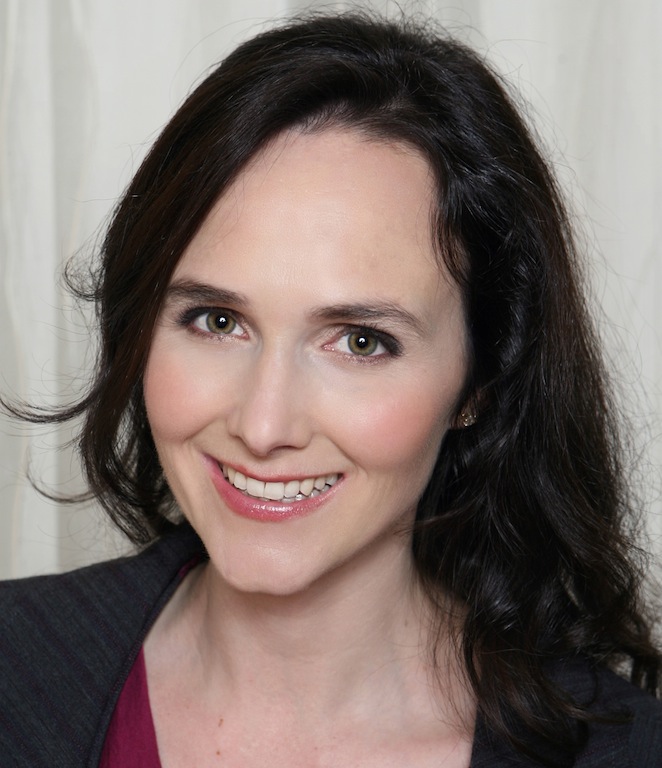City Club of Portland held an event a few days ago to release its long-awaited report about the city government. The volunteer research committee spent a year studying the issue in depth, including more than a dozen interviews with knowledgeable witnesses (full disclosure: I was one of the witnesses). The report, released Tuesday, February 12, identifies five problems with the city commission and makes five recommendations for improvement. Much of the interest in the report focuses on the recommendation to move away from the commissioner form of government and instead embrace a council-manager form, but I want to focus on a less-trumpeted recommendation: to move away from first-past-the-post voting and embrace multi-member districts with an advanced voting system.
But first, what does the report say?
It identifies five problems with Portland’s city government right now:
- Lack of racial representation (which I’ve written about here)
- Lack of geographic representation (which I’ve written about here)
- Turf wars and inefficiency
- Lack of expertise on the commission
- Lack of legislative leadership
And it makes five recommendations (the report breaks them into six, but the first two recommendations largely amount to one thing):
- Scrap the commissioner form and adopt a council-manager form of city government.
- The mayor should serve as chairperson of the city council and cast tie-breaking votes where applicable.
- Elect councilors from districts, preferably multi-member districts.
- Scrap First-Past-the-Post voting. Explore advanced voting systems, including ranked-choice voting and cumulative voting.
- Increase the size of the council to at least eight, plus the mayor.
Researching voting systems was not part of the committee’s charge and yet it became obvious to committee members that “first-past-the-post voting is not the best system in terms of equity,” as the report states. After considering at-large systems, districts, and hybrids, the committee found “a system based on all multimember districts to be the system most likely to increase equity.”
This conclusion is based in part on the committee’s examination of Voting Rights Act remedies. Voting Rights Act cases have often forced cities lacking fair racial or ethnic representation to switch from at-large voting to districts. But the committee found that this remedy only works in places where racial and ethnic groups are sufficiently concentrated (ie: segregated) to draw a “majority-minority” district. Portland is not one of those places. Although nearly one-third of residents are people of color, they are sufficiently scattered in different parts of the city that it is impossible to draw any “majority-minority” districts in Portland.
Instead, Portland could achieve fairer representation by using multi-member districts and either cumulative or ranked-choice voting.
The report notes that ranked-choice voting in the general election could enable the city to eliminate primaries, which would give more voters a say in council races. Often twice as many Portlanders turn in ballots in the general election as in the primary, so when races end with the primary, a lot of potential voters get shut out.
The report also recommends Portland expand from five to at least nine councilors (including the Mayor). As it stands, Portland boasts more than 100,000 people per representative, much more than Seattle’s 67,000 residents per representative, and Eugene’s 18,000. Nine councilors would bring Portland more on par with other cities. It would also open up possibilities for multi-member districts. For example, Portland could divide into three districts, each of which would elect three councilors with a ranked or cumulative ballot.
The City Club’s call to change the commissioner form of government is an important recommendation that people are already discussing. But I hope the public discussion will not overlook an equally important conclusion. To give all voters a voice, the city should consider multi-member districts with either ranked or cumulative voting.










Steve
I thiink the council-manager is the worst form of Goverment for the People.
You elect a Mayor that should Run the City.
Not a paid administrator.
Your Mayor should run your City !